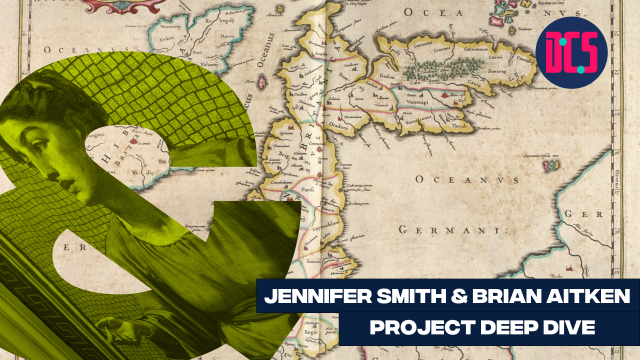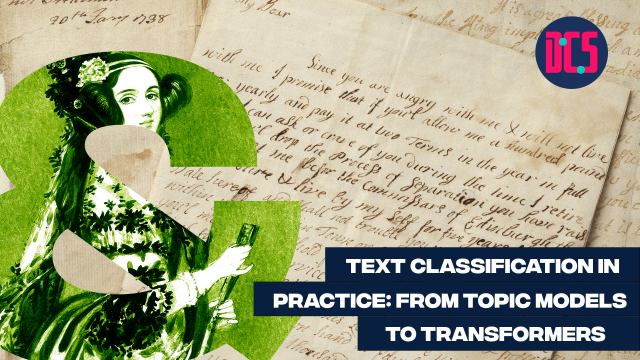A Gentle Introduction to Causal Inference

Online
In life, humans are typically very good at working out what causes something to happen, yet typically it is very hard for us to write down why we know this. This becomes even more complicated when data is involved. Therefore, in this course we will learn about the field of Causal Inference. This will start with looking at Pearl’s ladder of causality and understanding data concepts such as ‘confounders’ and ‘mediators’ before lightly touching upon the statistics needed to calculate the average causal effect (ACE) - how much one thing causes another to change.
With this new acquired knowledge, the second half of the course will then be entirely practical with students undertaking a range of tasks in either R or Python (knowledge of only one language is needed to undertake the course). Namely students will look at how to calculate the ACE using Python from data, before exploring how linear modelling can be used to do the same job!
This is an intermediate level course. No knowledge on the topic is required/expected, but it is expected that the learner has some knowledge of either R or Python (use of either RStudio/Jupyter Notebooks and basic packages like tidyverse/pandas).
Optional Additional Reading:
If you are keen to understand more about this topic either before or after the course, then some recommended texts are below. For those intrigued more about the concept of causal inference (and without mathematical/statistical backgrounds) the Pearl text serves as a gentle introduction to the topic.
- The Book of Why (Pearl, 2018) [Introduction available online: http://bayes.cs.ucla.edu/WHY/]
- Causal Inference: What If (Hernán and Robins, 2023). [Available online: https://www.hsph.harvard.edu/miguel-hernan/causal-inference-book/]
- Causal graph analysis of COVID-19 observational data in German districts reveals effects of determining factors on reported case numbers (Steiger, Mussgnug and Kroll, 2021). [https://doi.org/10.1371/journal.pone.0237277]
Those who have registered to take part will receive an email with full details in advance of the start time.
This workshop will be taught by Chris Oldnall.
After taking part in this event, you may decide that you need some further help in applying what you have learnt to your research. If so, you can book a Data Surgery meeting with one of our training fellows.
More details about Data Surgeries.
If you’re new to this training event format, or to CDCS training events in general, read more on what to expect from CDCS training. Here you will also find details of our cancellation and no-show policy, which applies to this event.
If you're interested in other training on statistics you can have a look at the following:
- Digital Method of the Month: Focus on Statistical Methods Part 1 - Differential vs Inferential
- Digital Method of the Month: Focus on Statistical Methods Part 2 - Linear Modelling
- Digital Method of the Month: Focus on Statistical Methods Part 3 - Simulation
- Digital Method of the Month: Machine Learning
- Introduction to Machine Learning with Python
- Introduction to Bayesian Statistics
- Regression and Mixed Effects Modelling
- Null Hypothesis Testing in R












